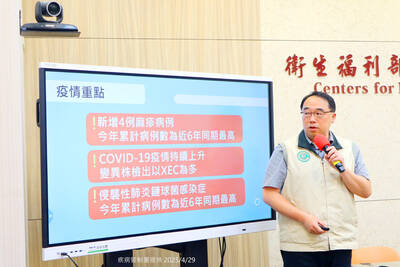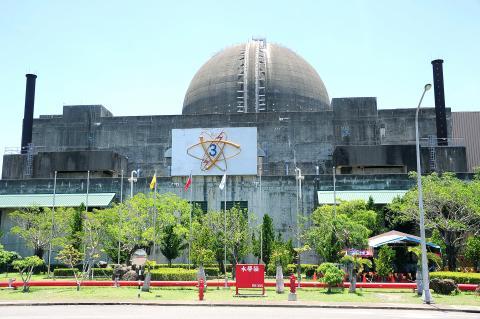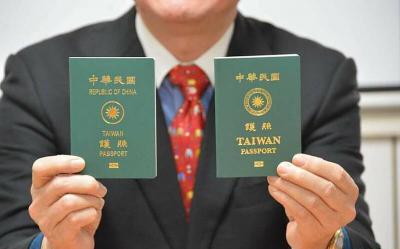A Taipei-based medical specialist on Wednesday urged the public to rely on proven earthquake survival techniques and disregard dubious and ineffective methods, such as the so-called Triangle of Life.
People should “drop, cover and hold” during a powerful quake to maximize their chances of survival, National Taiwan University Hospital emergency doctor Shih Fu-yuan (石富元) said.
Dropping to the ground mitigates risks of falling injuries, while taking cover under sturdy furniture, such as tables or beds, helps shield people from debris, Shih said.
Keeping still until the quake passes completely is important because movement increases exposure to unsecured objects that could topple, he said.
People should not try to escape unless they live on the ground floor of a building and there is an open space nearby, he said.
Large glass windows may shatter and should therefore be avoided, while flame sources should be shut off, he added.
Motorists should decelerate gradually and stop by the roadside, stay inside their vehicle and avoid locations near buildings, bridges or poles, he said.
Families should have prearranged meeting points for emergency situations in case telecommunication services fail, he said.
People residing in at-risk areas should secure bookshelves, closets and other large furniture to the wall with steel frames and prepare go-bags that contain a flashlight, water and rations, he said.
A self-proclaimed search and rescue expert called Doug Copp has been popularizing the Triangle of Life on the Internet, Shih said.
The Triangle of Life method recommends seeking cover close to furniture, but not under it, saying that a pocket of protective space could form at such locations during a structural collapse, Shih said.
The chances of survival for people trapped under a fallen roof are very low and no meaningful defense against this scenario exists, whereas sheltering under a table or bed offers tangible head protection, Shih said.
US research has shown that people found in the locations that Copp recommends are more likely to be killed or hurt in a structural collapse, not less, he said.
Preparedness is crucial because an emergency situation slows down the reaction time of most people to between 90 milliseconds and 300 milliseconds, he said.
“The national emergency cellphone alert gives a few seconds of advanced warning, at most,” he said.

A fugitive in a suspected cosmetic surgery fraud case today returned to Taiwan from Canada, after being wanted for six years. Internet celebrity Su Chen-tuan (蘇陳端), known as Lady Nai Nai (貴婦奈奈), and her former boyfriend, plastic surgeon Paul Huang (黃博健), allegedly defrauded clients and friends of about NT$1 billion (US$30.66 million). Su was put on a wanted list in 2019 when she lived in Toronto, Canada, after failing to respond to subpoenas and arrest warrants from the Taipei District Prosecutors’ Office. Su arrived at Taiwan Taoyuan International Airport at 5am today on an EVA Air flight accompanied by a

COVID-19 infections have climbed for three consecutive weeks and are likely to reach another peak between next month and June, the Centers for Disease Control (CDC) said yesterday. Weekly hospital visits for the disease increased by 19 percent from the previous week, CDC Epidemic Intelligence Center Director Guo Hung-wei (郭宏偉) said. From Tuesday last week to yesterday, 21 cases of severe COVID-19 and seven deaths were confirmed, and from Sept. 1 last year to yesterday, there were 600 cases and 129 deaths, he said. From Oct. 1 last year to yesterday, 95.9 percent of the severe cases and 96.7 percent of the deaths

Restarting the No. 2 reactor at the Ma-anshan Nuclear Power Plant would take up to 18 months, Minister of Economic Affairs J.W. Kuo (郭智輝) said today. Kuo was answering questions during a meeting of the Legislative Yuan’s Economics Committee, where legislators are considering amendments to the Renewable Energy Development Act (再生能源發展條) amid concerns about the consequences of the Pingtung County reactor’s decommissioning scheduled for May 17. Its decommissioning is to mark the end of Taiwan’s nuclear power production. However, Chinese Nationalist Party (KMT) lawmakers have proposed an amendment to the Nuclear Reactor Facilities Regulation Act (核子反應器設施管制法) that would extend the life of existing

The Ministry of Foreign Affairs yesterday demanded that Somalia reverse its decision prohibiting Taiwanese passport holders from entering or transiting through the country. Somalia said it is following the “one China” principle based on UN Resolution 2758. The ministry said that Somalia is misinterpreting the resolution under China’s instigation, creating a false impression that Taiwan is subordinate to China. The Somali Civil Aviation Authority told airlines on Tuesday last week that starting today, any passengers with passports or travel documents issued from Taiwan or its affiliated institutions would not be allowed to enter or transit through Somalia. The decision comes as Taiwan is boosting